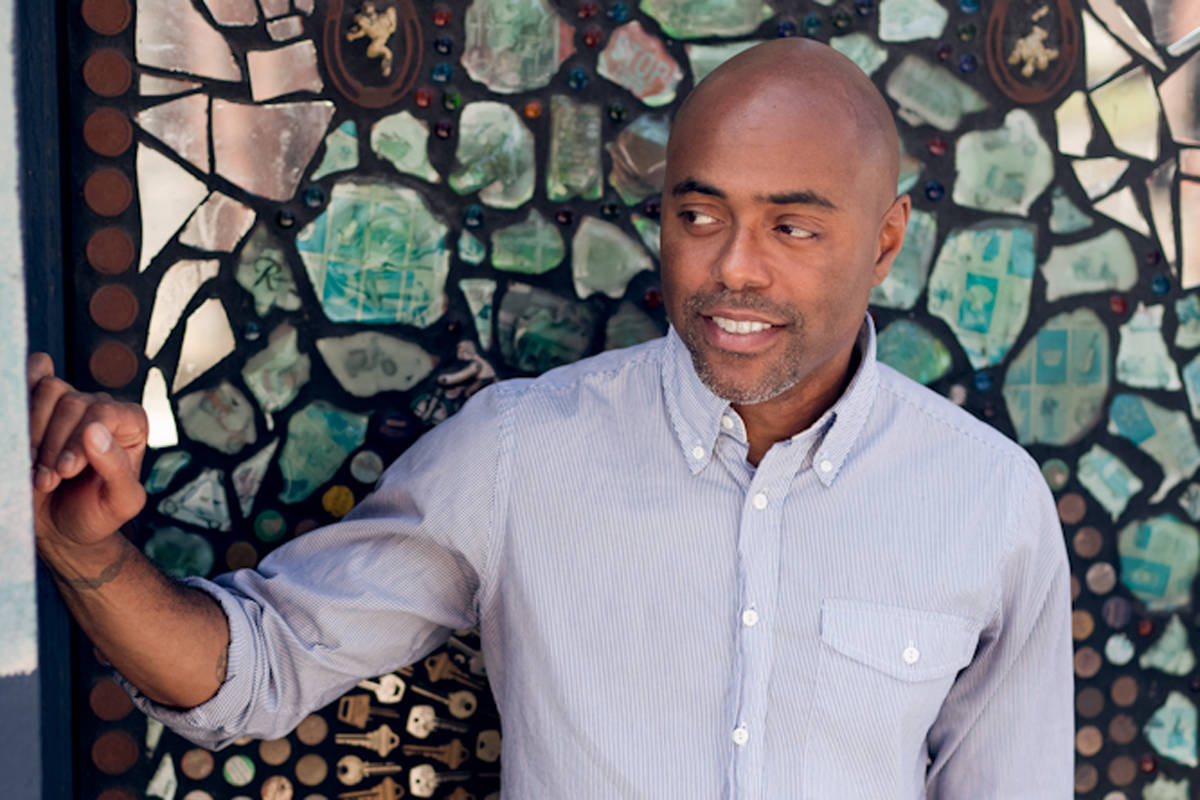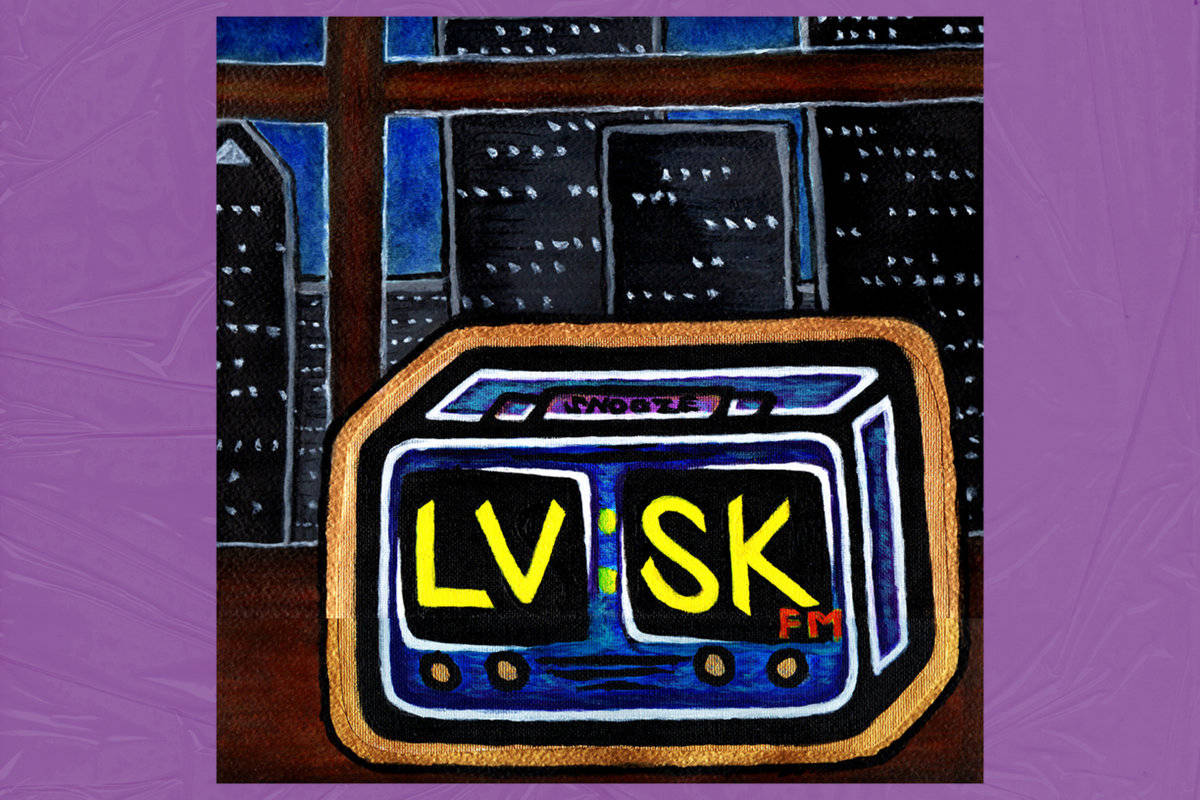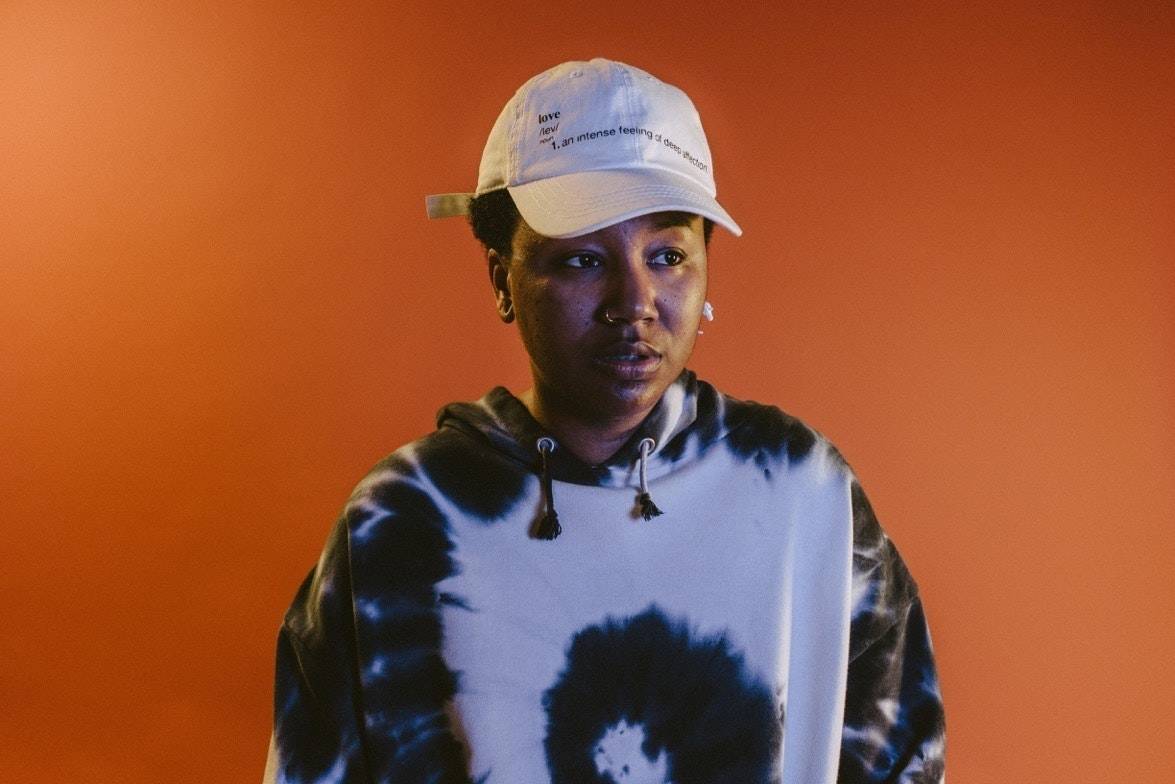Last week, on the same day rising local rapper Porter Ray celebrated his long-awaited Sub Pop debut to a sold-out crowd full of fellow artists and fans, the community lost a legend—Jonathan Moore. The crucial figure in Seattle’s hip-hop scene passed away at age 47, and while the cause of death remains unconfirmed, his recent struggles with a rejected kidney transplant were well-known. In many ways, it was Moore’s work that cleared the path for contemporary hip-hop artists like Ray not only to succeed, but even to have the opportunity to perform rap shows in Seattle.
In the early ’90s, when Moore formed his own classic local hip-hop group, Source of Labor, the Teen Dance Ordinance made it close to impossible to book rap shows here. The TDO mandated that bookers take out $1,000,000 in liability insurance and hire two off-duty police officers for security, among other stipulations, for all-ages events. Kate Becker, current director of the City of Seattle’s Office of Film and Music and former member of the Music and Youth Task Force (the group credited for taking down the Teen Dance Ordinance), remembers Moore fighting on the front lines in the battle for all-ages venues.
“It was a very political time,” she recalls. “Jonathan and I were on the forefront of pushing back against that law. Ultimately, the law was wrong. It prevented young people from coming together for the purpose of dancing and listening to music. So we were working toward the repeal of the TDO, and part of that was making these shows happen, whether they were legal or not, because they were culturally important. Young people must have access to our music scene. They are absolutely a critical part.”
Moore understood the importance of live music to the culture and community. In 2000, as the fight to repeal the TDO wore on, he started hosting “Sure Shot Sundays” at Sit & Spin. The recurring all-ages showcase that brought hip-hop to the laundromat/cafe/music venue on Fourth Avenue was where four-time Grammy winner Ben “Macklemore” Haggerty first performed.
Moore’s political engagement was central to his art as well, implicit in his rhymes for Source of Labor, in which he performed under his alias Wordsayer. “The meaning of Source of Labor,” B Self of the legendary Seattle rap group Ghetto Chilldren explains, “is encapsulating the black experience as being a source of labor for America. It is in direct reference to the slave trade and how we were taken from Africa and brought here to be a physical source of labor for a growing country. The purpose was to recognize and remember that struggle and to remember our ancestors. That was the meaning of the name and the strongest message behind their music.”
Beyond his battle to repeal the TDO, the year 2000 was significant for Moore in another way. At a show in the HUB at the University of Washington, Source of Labor performed on the same bill as Mos Def. An 18-year-old high-school senior, DJ Hyphen, was in the crowd, and during the show he spoke to Moore for the first time.
“I was a fan,” Hyphen says. “I kept seeing him everywhere. He was performing, he was hosting, he was hustling in the crowd, he was selling merch, he was talking to artists. I noticed him then, and our first interaction was just me thanking him for bringing shows to Seattle.”
After that chance meeting, Hyphen went to Los Angeles for college, where he hosted a show at the college radio station and interned at KUBE during the summers. A year after he graduated, he was offered the opportunity to host Sunday Night Sound Sessions on KUBE along with Moore.
“Jon had done everything in music, but he had not been on the radio,” Hyphen explains. “I had only done college radio for a couple years and only had about a year between graduating and starting this show, so we were definitely a bit shaky in terms of putting together a well-produced radio show. We realized early on we were not going for any glamour or glitz. The show was going to be good music, good conversation, good people, good guests, and all about the community.”
The show stayed true to this ideal by keeping local music in rotation, bringing in area artists as guests and interns. Seattle rapper Sol, who made multiple in-studio appearances and often had his music played on the show, grew close to Moore through his omnipresence in the scene.
“He was the first person in the Seattle hip-hop community that I was star-struck to meet,” Sol says of meeting Moore at a Vera Project show. “I think I was 16. He was super-warm to me, and I was floored by that. Jon never looked down on anybody. Even though half of us didn’t feel we deserved his time, when he met you it was intense eye contact and careful listening. Everything he said to me was very thoughtful and I always remember eating up every word he said.”

Photo by Lea Godoy/Courtesy DomeCare Solutions
One of the many highlights of Moore’s legacy will be his mentorship. He impacted the lives of many of the young artists he met, just by being himself and being available when he was needed most to deliver words of wisdom. Local rapper Khingz remembers an encounter with Moore that potentially changed the trajectory of his life.
“I was on Rainier with a couple of my homies, and we were talking about some pretty serious shit that could have involved us hurting some people and ending up in jail for the rest of our lives,” he says. “Jon swooped me up, and he gave me a ride home. We talked about music and life and shit. He basically said, ‘When you see things going crazy in your neighborhood, it is all the people who accept things as the way they are and let shit slide that are the reason why our neighborhoods are fucked up. It’s not necessarily the people who are fucking up. It’s all the people who don’t try to make a change.’ ”
That’s the message I got speaking with many of the people who had the opportunity to know J. Moore. He was a man who touched many, his warmth and care born out of a sense of responsibility to the community. Now that he is gone, it us up to us to carry out his legacy: to keep local music thriving in our city, and to take time to show love and compassion for the people around us.
music@seattleweekly.com








